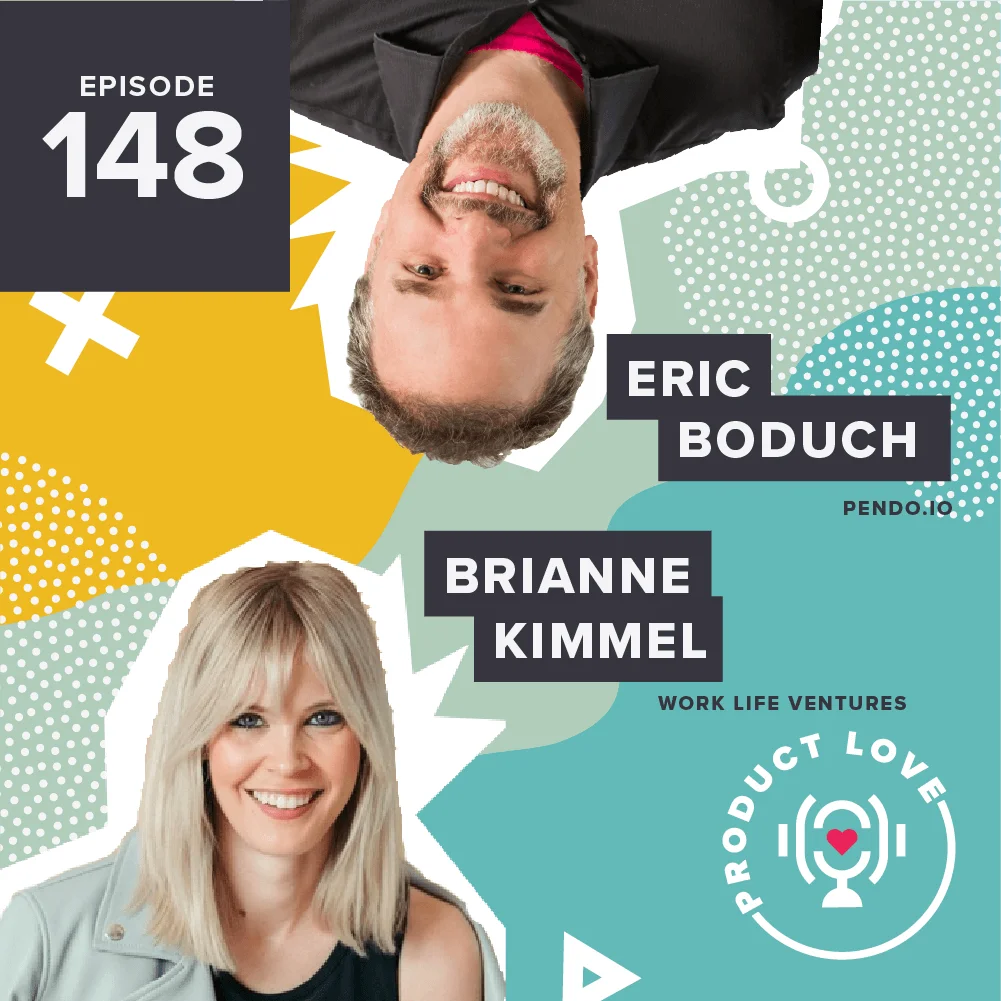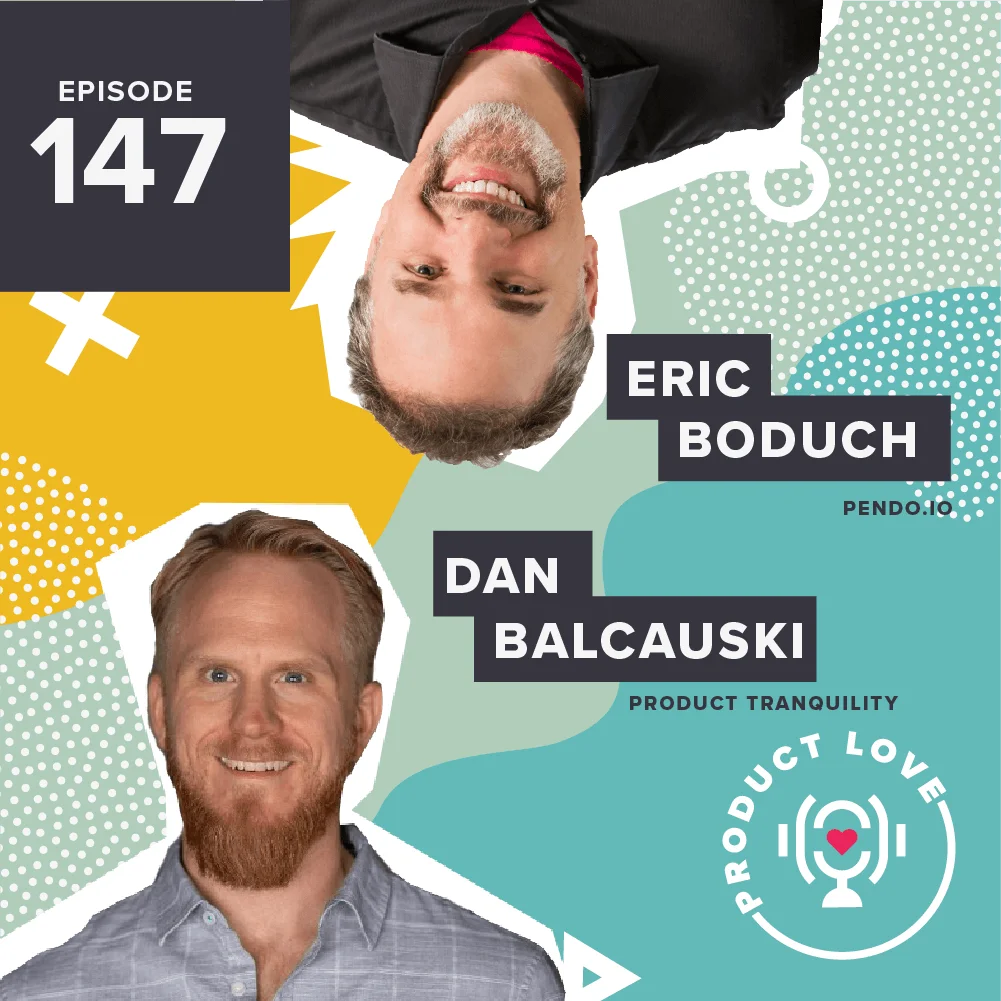This week on Product Love, I sat down with Daniel Mintz, the chief data evangelist at Looker, a data exploration and discovery business intelligence platform. Daniel studied music and politics as an undergrad and later pursued his Master’s in multimedia engineering. He’s worked as the head of data and analytics at Upworthy and as a director of analytics at MoveOn.org.
His love for data started with learning SQL. But if you’re curious about how he got the chief data evangelist role at Looker, listen to the episode above. We talked about data lakes, metrics that matter, and why “why?” is so important for PMs.
Michael Scott and the (data) lake
Daniel doesn’t really like the term “data-driven” product manager. The term takes him back to an episode of The Office where Michael Scott drives into a lake because the GPS told him to turn left. I crack a joke that Michael might have driven into a data lake. Then we both laugh because we’re both dads.
But that scene does highlight the huge difference between being data-driven and data-informed. Being solely data-driven means having some blindspots, as data can be wrong and misleading. Without intent and thoughtfulness, pure data can lead people astray. Instead, opt for being data-informed.
The lake metaphor comes up again when Daniel talks about how product people and engineers collect data. Often, they collect semi-structured data — meaning they don’t shape their data to have a good perspective of it. Rather, they just gather everything. Sometimes, a new Looker employee will find some interesting data but doesn’t know if it’s actually useful. IT tells them, “Throw it in the data lake!” What they’re really saying is that you’re never coming back to look for that data, so they’re not going to waste time to make it look nice.
Vanity metrics vs. operational metrics
According to Daniel, vanity metrics are simply metrics from which you can’t derive actionable insight. They are things like: “What’s your MAU? What’s your revenue? What’s your final grade on your test?” All those metrics tell you how you’re doing against your peers, and can be useful because they allow you to understand where you sit now.
However, they don’t tell you about areas for improvement. Operational metrics, on the other hand, point out where you can get better. Good operational metrics are always actionable. If you look at the number provided, whether it’s decreasing or increasing, you should know exactly what needs to be done.
Great product managers have the solutions
People tend to come to product managers with the solution they want, despite not knowing the full range of what’s available out there. If someone comes to a PM with a request to make a blue button, and the PM immediately agrees, then they’re a bad PM. They need to be asking what are they trying to accomplish with a blue button. What’s going to happen if their request is granted?
PMs need to ask why they think a blue button is necessary. The person might say they want to stand out, and that answer provides PMs the opportunity to suggest other solutions. Ask your customers for anecdotes. Don’t say yes to every request — figure out why it was requested in the first place.
Want to hear how Daniel got involved in Looker? Or what he thinks of the Apple Card controversy? Listen to the episode above.




